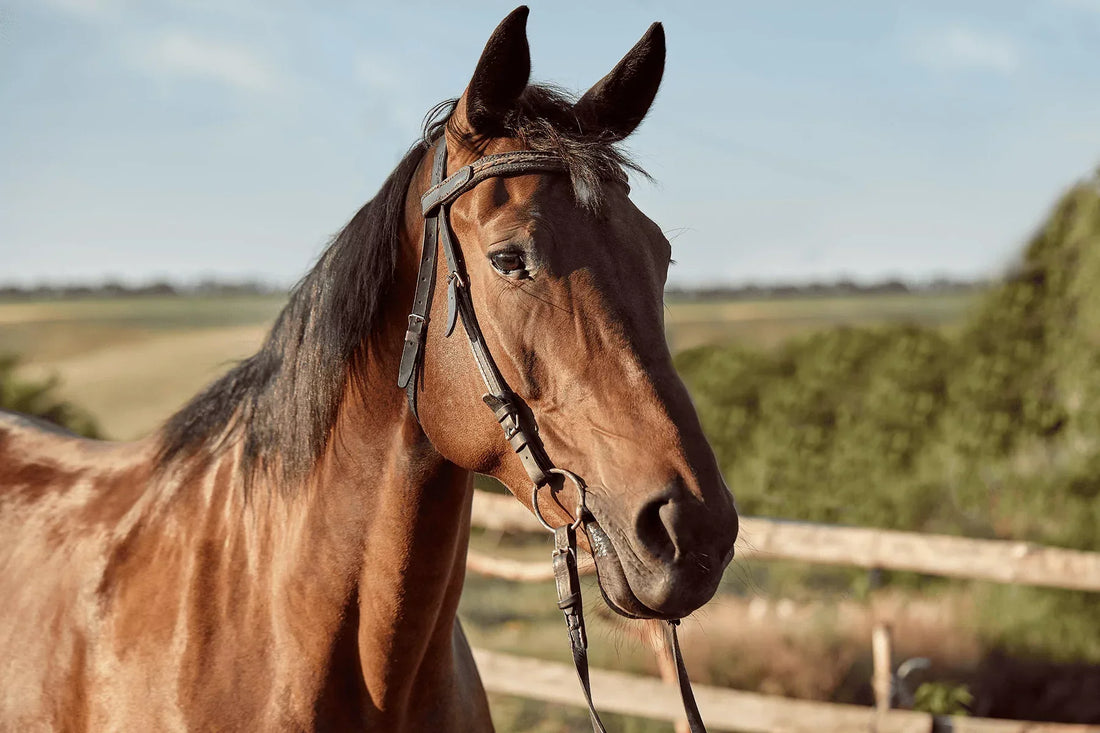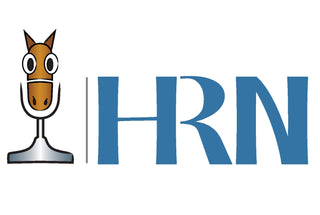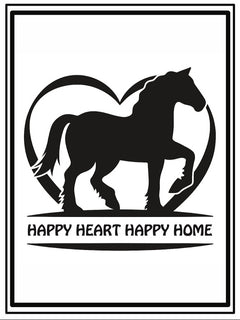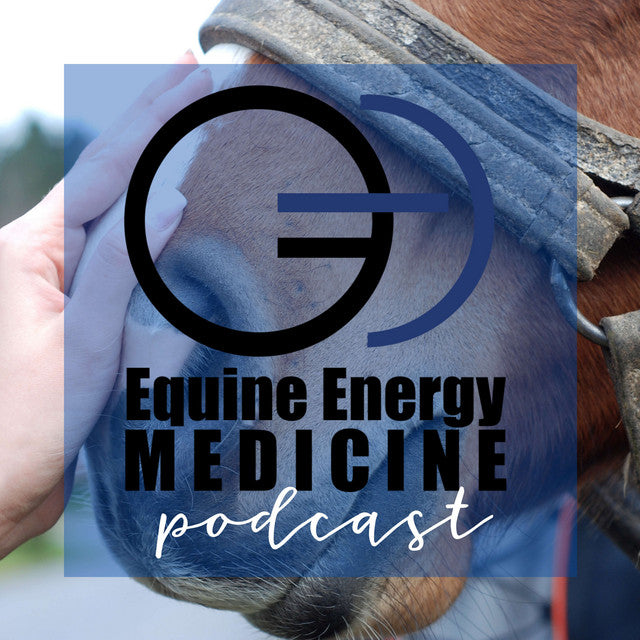When it comes to animal digestion, horses are among the most unique. Many horse owners and enthusiasts ask: Can horses throw up? The answer may surprise you—not only because of what science says, but also because of how this affects equine care, nutrition, and emergency responses. Understanding how a horse’s digestive system functions is essential for keeping them safe and healthy.
In this article, we'll explore whether horses regurgitate or throw up, why their digestion is so different from ours, what it means if a horse appears to be "throwing up," and what owners should do when faced with such symptoms.
Is It Possible For Horses To Vomit?
Unlike humans, dogs, or even cows, a horse’s digestive system has evolved to operate as a one-way process.
-
Can horses regurgitate or throw up?
-
Why can’t horses vomit?
-
What happens when a horse gets sick to the stomach?
We'll address all of these questions as we go deeper into the fascinating and critical topic of equine digestion. But the short answer to the main question is no—horses cannot throw up.

How The Horse Digestive System Works
Before we dive into the reasons why horses can’t vomit, it’s essential to understand the overall structure and function of their digestive system. It’s a finely tuned but sensitive mechanism designed for grazing animals.
Anatomy Of The Equine Stomach
A horse's stomach is relatively small in comparison to its size—only holding around 2 to 4 gallons (7.5 to 15 liters) of food. Horses are non-ruminant herbivores, which means they don’t regurgitate and rechew their food like cows do.
Key features of the horse stomach:
-
Divided into two distinct regions: the non-glandular (upper) and glandular (lower) parts.
-
Highly acidic environment to aid in breaking down fibrous plant materials.
-
Food moves quickly through the stomach into the small intestine.
This quick, one-directional process is crucial to how the rest of the system functions.
One-Way System: Why Vomiting Isn’t Possible
The key reason why horses don’t vomit lies in the muscle structure and pressure zones throughout the esophagus and stomach.
The lower esophageal sphincter in horses is incredibly strong—far more so than in humans. Once food enters the stomach, it cannot easily go back up. The physical structure of this valve, combined with the orientation of the stomach and esophagus, makes it almost impossible for vomit to move upward.
Unlike in humans, where abdominal muscles contract during vomiting, the horse’s abdominal wall and diaphragm are not built to support that kind of upward motion. Instead, pressure builds up internally, which can lead to more serious consequences if not treated—such as gastric rupture.
What Happens When A Horse Is Nauseous Or Sick?
If horses can’t vomit, how do they respond to nausea, indigestion, or toxic ingestion? This is where things get more dangerous—and why equine caretakers need to act fast when a horse shows signs of distress.
Signs Of Gastrointestinal Discomfort
While horses don’t vomit, they do show visible and behavioral signs of gastrointestinal upset, especially related to gas, impaction, or colic.
Look out for these symptoms:
-
Pawing at the ground
-
Lying down and getting up repeatedly
-
Looking at or biting the flank
-
Refusing to eat or drink
-
Stretching as if to urinate
-
Rolling excessively
These signs can sometimes confuse less experienced owners, leading them to believe a horse is nauseated and might throw up—but remember, that's not physically possible.

Colic And Its Dangers
The most common reason behind such symptoms is colic, a general term for abdominal pain in horses. Colic ranges from mild to life-threatening, and in many cases, owners might describe symptoms as a horse throwing up due to the dramatic distress.
Colic is one of the leading causes of emergency vet calls and equine fatalities worldwide.
When a horse suffers from severe colic, gas or fluid pressure can build up in the stomach. In extreme and rare cases, the stomach may rupture, especially if the horse cannot relieve that pressure through normal digestive flow.
Why Horses Can’t Vomit: Scientific Explanation
While we’ve touched on the functional side of equine digestion, it’s time to dive into the biological and evolutionary reasons why horses physically cannot vomit. The answer lies in a combination of anatomy, muscle function, and adaptation over millions of years.
Esophageal Structure
The esophagus in horses is a muscular tube that transports food from the mouth to the stomach. Unlike in many other animals, the esophagus in horses is structured with a shallow angle of entry into the stomach and a lengthy, narrow passage that makes reverse flow highly unlikely.
Additionally, the lining of the esophagus is not well-equipped to handle stomach acid. In vomiting animals, the esophageal lining has evolved to tolerate the caustic material moving upward—but not in horses.
This makes horse vomiting not just difficult, but also extremely dangerous, as it could damage the esophagus or cause aspiration into the lungs.
Strong Lower Esophageal Sphincter
At the point where the esophagus meets the stomach, horses have a lower esophageal sphincter (LES) that acts like a powerful valve. This muscle is remarkably strong in horses—many times more robust than in humans or dogs.
The LES:
-
Maintains constant tension to prevent backflow
-
Is not under voluntary control, meaning horses can’t relax it even under duress
-
Prevents the stomach’s contents from re-entering the esophagus under pressure
Even in cases of bloating, toxin ingestion, or gas buildup, the LES does not relax. This is why, unlike in humans or dogs, vomiting is never a relief option for horses.
Evolutionary Reasons
From an evolutionary perspective, horses are prey animals, which means their biology favors rapid movement and constant grazing over risky digestive functions like vomiting.
Scientists believe the inability to vomit is an adaptation related to:
-
Flight response – Vomiting could impair the ability to flee from predators.
-
Continuous grazing – The digestive system evolved for small, frequent meals.
-
Digestive efficiency – Regurgitation or vomiting would disrupt the constant flow of fibrous material through the gut.
In short, vomiting would be more harmful than helpful in the evolutionary path of the horse.
What To Do If Your Horse Shows Vomiting-Like Symptoms
Because horses cannot physically vomit, any symptom that resembles vomiting is a serious red flag. Whether it’s nasal discharge, coughing up feed, or general abdominal distress, you must act promptly.
When To Call The Vet
If your horse exhibits any of the following signs, call a veterinarian immediately:
-
Liquid or feed material coming from the nose or mouth
-
Sudden refusal to eat or drink
-
Excessive rolling or discomfort
-
Excessive salivation or jaw stiffness
-
Signs of choking or gagging
It’s important not to assume the horse is vomiting. Horses don’t vomit—so symptoms like this point to choke, colic, or esophageal obstruction, all of which require urgent care.
Delaying treatment can lead to complications such as aspiration pneumonia, stomach rupture, or even death.

Common Misconceptions
There are many myths surrounding horse health. Let’s clarify a few of them:
-
Myth: Horses vomit under stress.
Fact: They may show distress, but it’s never actual vomiting. -
Myth: Nasal discharge equals throwing up.
Fact: This is likely choke or respiratory discharge—not regurgitation. -
Myth: Horses with colic can vomit if the pain is intense.
Fact: Even during severe colic, vomiting does not occur.
These misconceptions can delay proper treatment. Always remember: if something looks like vomiting in a horse, it’s not normal and not safe.
Can Regurgitation Or Nasal Discharge Be Mistaken For Vomiting?
Although horses can't vomit, some conditions may resemble vomiting to the untrained eye. It's crucial to differentiate between true vomiting and other symptoms like regurgitation, nasal discharge, or even choke, which may present similarly but have entirely different causes and implications.
Choke Vs Vomiting
Choke in horses is a blockage in the esophagus, not the windpipe, despite the misleading name. It often results in food or fluid coming out of the horse’s nostrils or mouth, leading some owners to believe the horse is throwing up.
Key signs of choke:
-
Feed or saliva dripping from nostrils
-
Coughing or gagging motions
-
Anxiety or pawing at the ground
-
Stretching the neck and head
Unlike vomiting, choke does not involve abdominal contractions, and there’s no forceful ejection of stomach contents. It’s more of a passive overflow due to blockage.
Choke is painful and dangerous. If left untreated, it can cause aspiration pneumonia or damage to the esophagus.
Respiratory Vs Digestive Signs
Sometimes horses with respiratory infections or allergies may show nasal discharge, especially after eating or exercising. This can resemble regurgitation or vomiting but originates from the upper respiratory tract, not the digestive system.
Look for other signs to distinguish the cause:
-
Coughing, wheezing, or labored breathing = respiratory problem
-
No appetite, rolling, or flank watching = digestive discomfort
-
Discharge only during or after eating = possible esophageal obstruction
Understanding these symptoms is essential for proper diagnosis. Misinterpreting nasal discharge as vomiting could lead to overlooking serious issues like choke or guttural pouch infections.

Final Thoughts On Whether Horses Can Throw Up
So, can horses throw up?
No—horses cannot vomit, regurgitate, or throw up in the way other animals do. Their digestive anatomy, particularly the structure of the esophagus and the strength of the lower esophageal sphincter, prevents any form of reverse flow from the stomach. While this might seem like a minor detail, it's a major factor in how horse owners should respond to gastrointestinal distress.
Why this matters:
-
Vomiting can relieve pressure in many animals. For horses, that pressure can be deadly if left unresolved.
-
Symptoms that look like vomiting—such as nasal discharge—are usually a sign of serious health problems, like choke or colic.
-
Understanding this limitation helps you act quickly and correctly when your horse is in distress.
Proper feeding habits, hydration, dental care, and regular vet checks can go a long way toward preventing digestive issues in horses.
Conclusion
Horses are unique animals with a digestive system designed for continuous, one-way processing of food. Can horses vomit or throw up? As surprising as it may sound, horses cannot do this, and this biological limitation plays a crucial role in equine health and veterinary care.
We explored the anatomical reasons behind this inability—such as the powerful lower esophageal sphincter, the angle of the esophagus, and the evolutionary adaptations of prey animals. We also discussed what happens when horses appear to show vomiting-like symptoms, such as during choke or colic episodes, and why these situations demand immediate veterinary attention.
For horse owners, trainers, and caretakers, understanding the risks of mistaking other symptoms for vomiting could be the difference between a quick recovery and a tragic outcome. By staying alert, acting fast, and knowing the true signs of distress, you can ensure your horse lives a long, healthy, and happy life.
When asked can horses vomit or regurgitate, you’ll know exactly what to say—no, and here’s why it matters.
Can Horses Throw Up Q&A
Why can horses not throw up?
Horses can't vomit due to a powerful lower esophageal sphincter, a one-way digestive system, and anatomical adaptations that prevent reverse stomach flow.
What happens if a horse tries to vomit?
If a horse's stomach builds too much pressure (like from gas, blockage, or toxins), it can't release it by vomiting. Instead, the stomach can rupture—a life-threatening emergency requiring immediate veterinary care.
Do horses get nausea even if they can’t vomit?
Yes, horses can experience discomfort or signs of nausea such as restlessness, pawing, or colic-like behavior. Since they can't vomit to relieve it, internal issues must be addressed quickly by a vet.
How do horses get rid of toxins if they can’t vomit?
Horses rely on their liver, kidneys, and large colon to filter and remove toxins. They may also sweat or show signs of colic if something is wrong. Unlike humans, they can’t expel harmful substances by vomiting, so prevention and early treatment are critical.










































